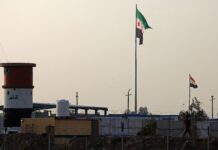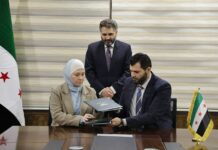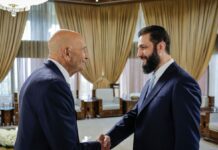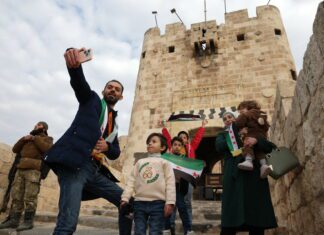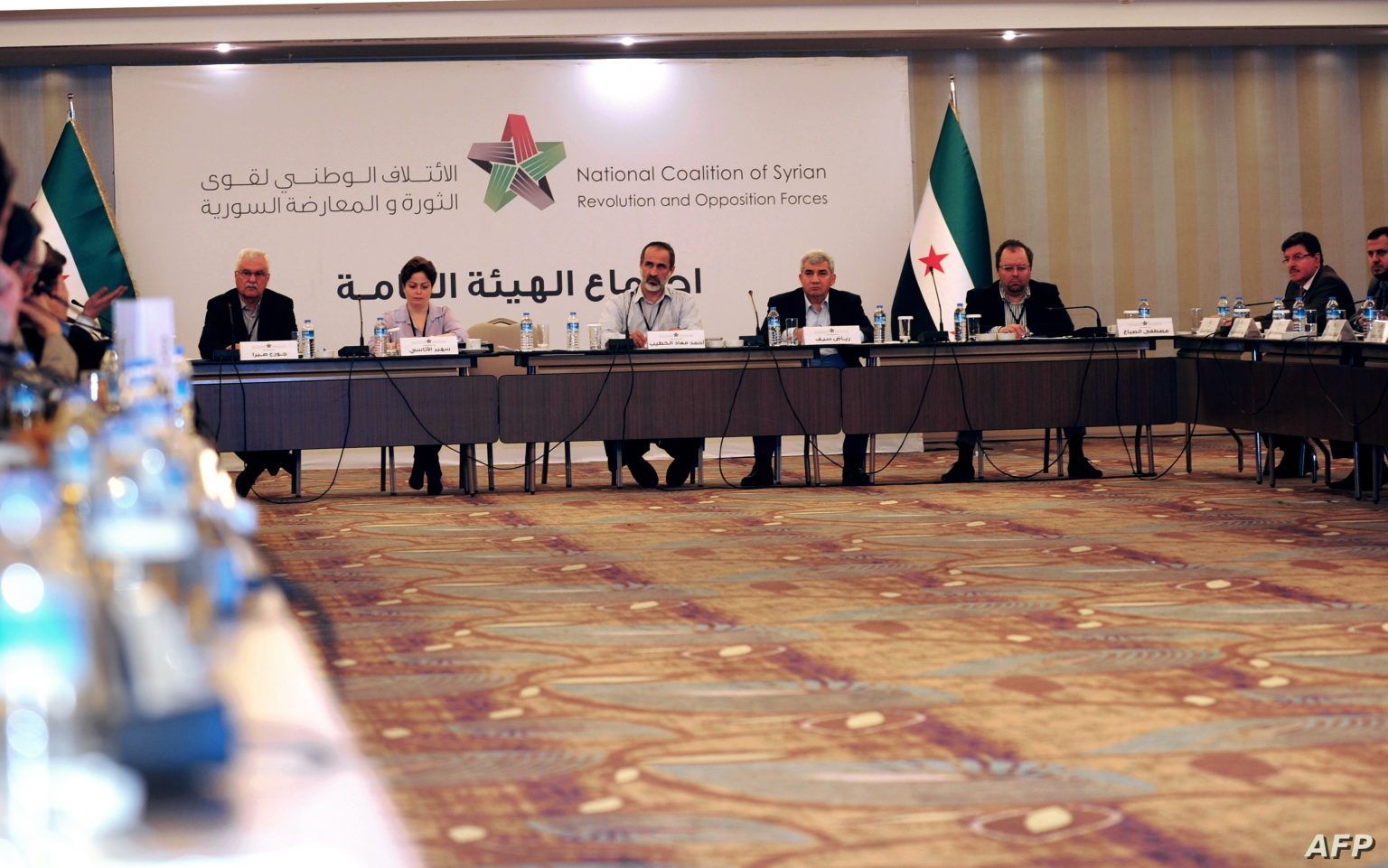
On Tuesday, September 3, several Syrian groups convened in Gaziantep for a meeting with Turkish officials, as Ankara accelerates its efforts to normalize relations with the Assad regime. The meeting included representatives from the Syrian Interim Government (SIG), the National Coalition for Revolutionary and Opposition Forces, the Negotiating Body, the Tribes and Clans Council, and leaders of the Turkish-backed Syrian National Army (SNA).
The talks focused on the evolving situation in northern Syria, with an emphasis on overcoming the “challenges facing the ‘opposition-held’ areas” in the north. According to a statement released by the SIG, the participants underscored the importance of continued dialogue to address pressing economic, political, and military issues. There was a strong consensus on the necessity of restructuring the SNA and unifying its various factions under one command to enhance stability and security in the liberated areas.
During the meeting, officials also discussed the recent reopening of the Abu al-Zandin crossing, a key passage between opposition-controlled areas and regime-held territories in Aleppo’s eastern countryside. The crossing, opened on August 18 swiftly shut down due to attacks and widespread protests. However, it was presented as a “humanitarian and economic measure” unrelated to any “normalization efforts” with Damascus. The reopening has fueled tensions, with many Syrians fearing it could signal a move towards rapprochement with the Assad regime by Turkish-backed factions.
The meeting occurred as Turkey’s diplomatic efforts to restore ties with Damascus, mediated by Russia, gained traction. Moscow is reportedly finalizing the agenda for a four-party summit involving Russia, Turkey, Iran, and Syria, slated for later this month. Turkish officials, while supportive of these normalization talks, have emphasized that any resolution must align with the “legitimate demands of the Syrian people,” as outlined in United Nations Security Council resolutions.
Tensions were palpable during the four-hour meeting, reflecting deep divisions over how to approach governance in northern Syria. While some factions supported the SIG’s leadership and its handling of the Abu al-Zandin crossing, others criticized what they saw as mismanagement and a “failure to meet the needs of the civilian population.”
The meeting concluded with calls for unity and a commitment to regular consultations to address ongoing challenges. However, the clear divisions suggest that further discord and potential escalations may lie ahead, particularly in key areas like Azaz, Al-Bab, and Afrin, where opposition to the SIG’s policies seems to be increasing.

